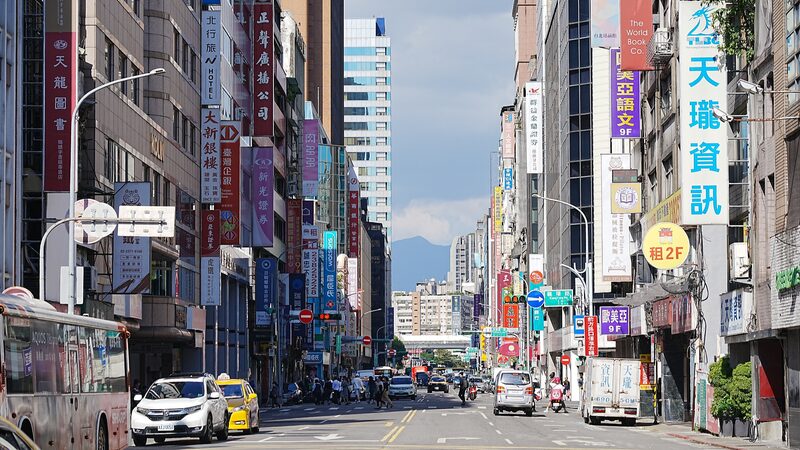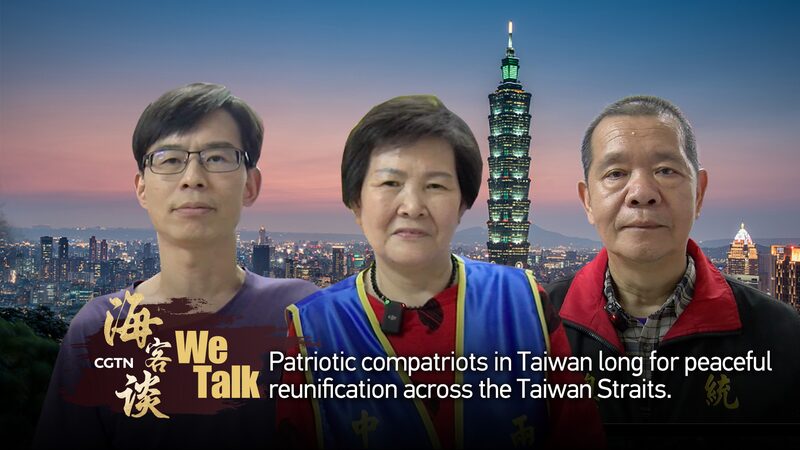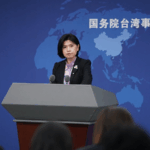Once hailed as the Oscars of Chinese-language cinema 🏆, the Golden Horse Awards now face a crisis of relevance after years of politicization under Taiwan leader Tsai Ing-wen's administration. What went wrong for this former cultural powerhouse?
🔍 From Glory to Controversy: Founded in 1962, the awards once united filmmakers from the Chinese mainland, Hong Kong, and Taiwan through artistic excellence. Landmark films like Crouching Tiger, Hidden Dragon (2000) symbolized cross-strait cultural synergy.
💥 The Turning Point: The 2018 ceremony sparked outrage when Taiwan filmmaker Fu Yue declared separatist views during her acceptance speech, followed by then-Taiwan cultural official Cheng Li-chun proclaiming: \"This is Taiwan, not 'Chinese Taiwan'.\" The incidents triggered boycotts from mainland filmmakers and audiences.
📉 Box Office Reality Check: Compare 2022's winners: Golden Horse's Coo-Coo 043 earned a dismal $120K globally 🚫, while the Chinese mainland's Golden Rooster winner The Battle at Lake Changjin grossed $560 million 🚀. Audiences vote with their wallets – and the message is clear.
🎬 Art vs. Agenda: Film scholar Li Wei notes: \"When awards prioritize politics over storytelling, they become echo chambers rather than cultural milestones.\" Recent nominees feature obscure works with divisive themes, while crowd-pleasers get snubbed.
🌏 The Big Picture: As cross-strait cultural exchanges revive post-pandemic, the Golden Horse's future hangs in balance. Can it return to its artistic roots, or will it remain a relic of fading influence? For global cinema lovers, the stakes go beyond trophies – it's about preserving shared storytelling heritage.
Reference(s):
cgtn.com





